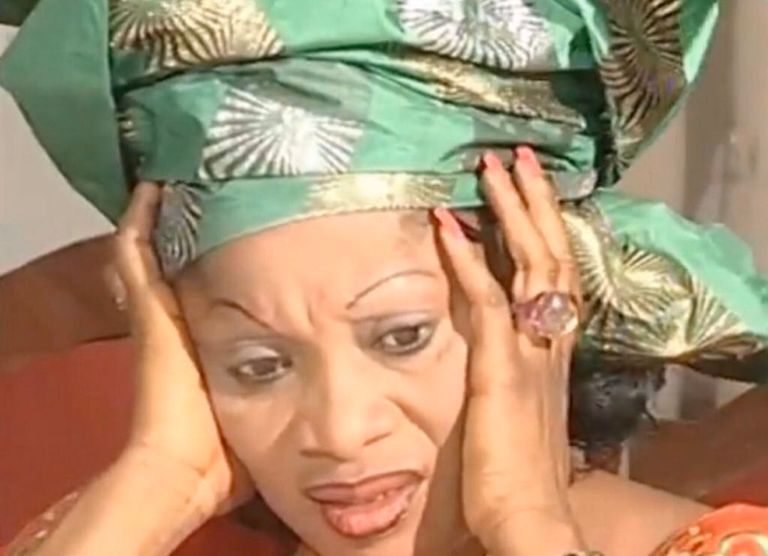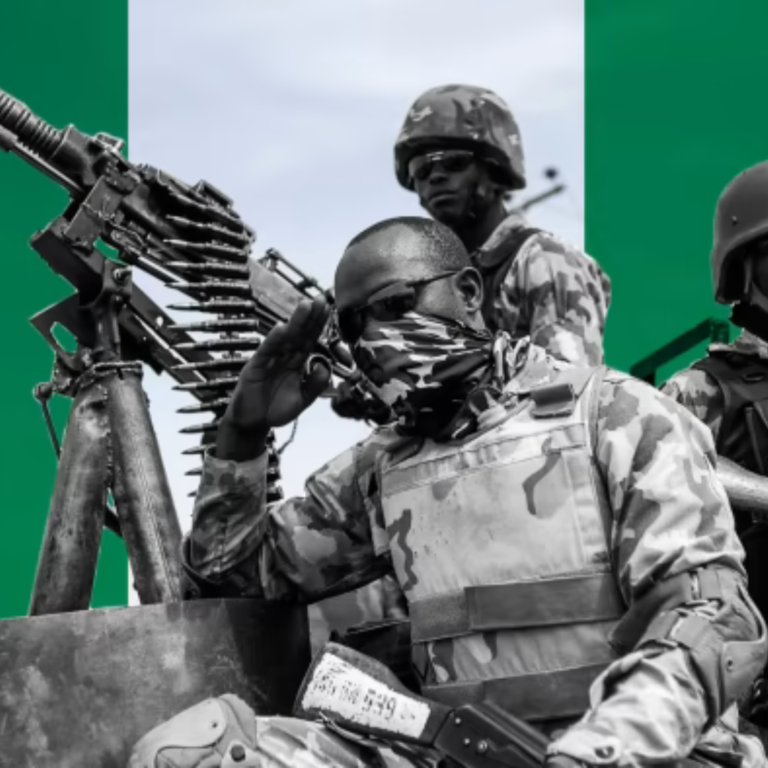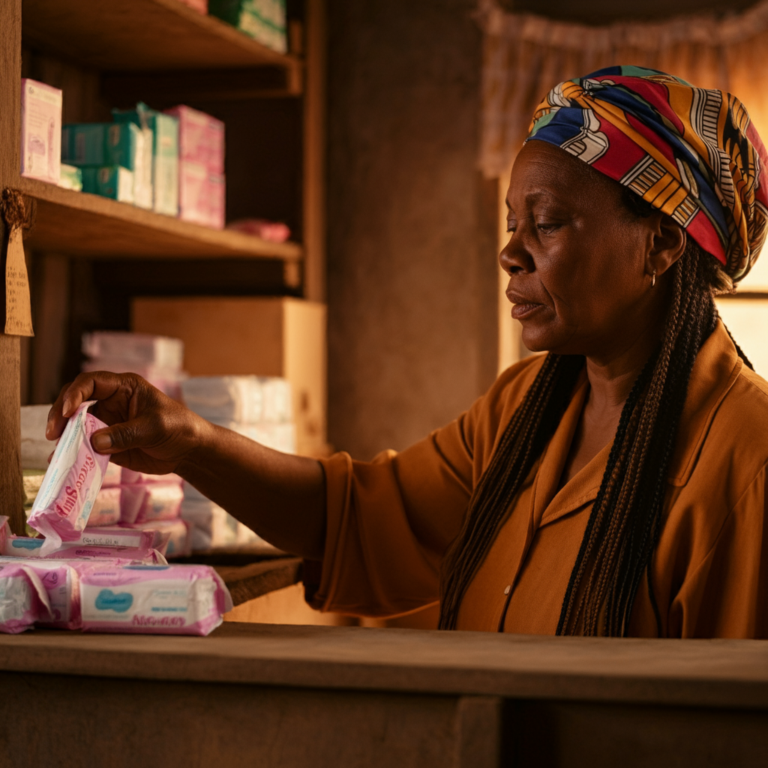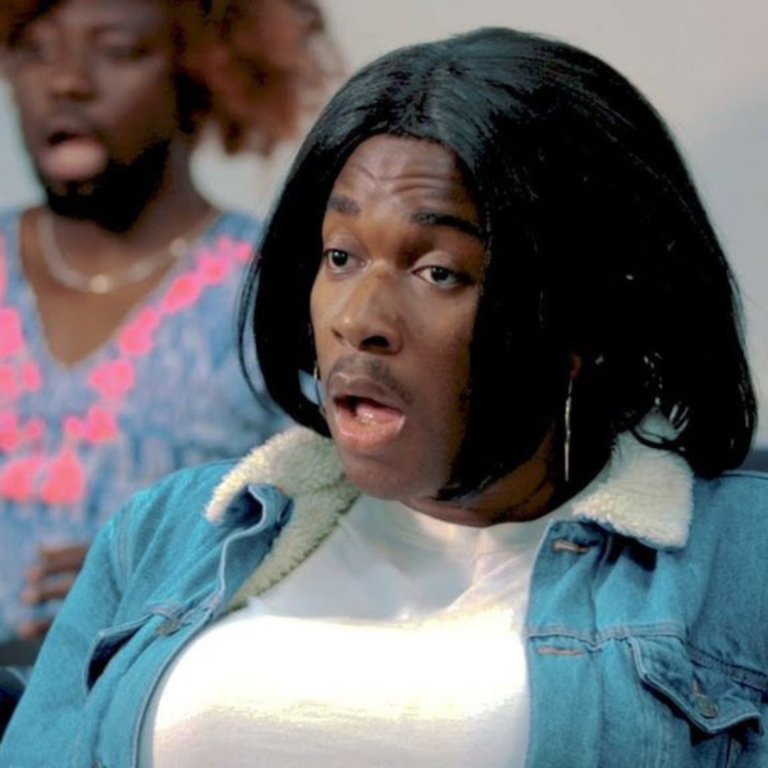Things are falling apart in Nigeria and it’s not just the national grid. The recent nationwide blackout marks the fifth time the national grid has collapsed in 2024 alone- Six times if we’re adding the Labour strike that caused a nationwide blackout that lasted for hours in June.
In May, the Transmission Company of Nigeria (TCN) announced that it had successfully decreased grid disturbances and collapses in Nigeria by 76.47% but that information is hard to believe given the continued frequency of national grid collapses. While you continue to cross your heart and hope to find fuel, I’ve taken it upon myself to give you a rundown of all the other great “falls” you should be aware of.
Naira’s strength
Naira’s spines are getting weaker than ever and the currency isn’t fighting its fall against the dollar anymore.

At the close of business on Monday, October 14, the naira hit a new low and closed at ₦1,700/$. Nigeria’s currency has gone through a lot this year and despite the promises of things getting better soon by President Tinubu, the naira is still fighting for its life. At the beginning of the year, the currency was traded at ₦907.11/$ and that’s still the strongest value it has had all year. I’m trying to be optimistic but it’s not looking good guys.
The purchasing power of Nigerians

Tinubu’s economy has made the pocket of the average Nigerian drier than ever and it could get even worse in 2025 thanks to a bill the National Assembly is currently considering. If this becomes law, it will increase the Value Added Tax (VAT) paid by Nigerians from 7.5% to 10%. But that’s not even the crazy part — this increase to 10% is expected to be the first of three other increases spread across 5 years. The bill suggests raising the rate to 10% starting in 2025, and then increasing it again to 12.5% in 2026, which will stay in place until 2029. This VAT hike (if it happens) will be charged on every taxable item so everything, including essentials like electricity, food, appliances, etc, could get even more expensive than they currently are.
Nigerian drivers

ICYMI, there’s a chance that Nigerian drivers might start falling like flies soon because Nigerian lawmakers believe that the Federal Road Safety Commission(FRSC) should be equipped with guns to carry out their duties. This wouldn’t be such a big deal if this commission didn’t already have a track record of physically assaulting drivers, asking them for bribes, and getting away with it when they didn’t even have weapons. The commission’s list of atrocities could get even longer if they are armed with guns. Fortunately, this bill is yet to be passed so there’s still a chance that things could change.
Total number of nourished Nigerians

At the risk of stating the obvious, there’s hunger in the land but World Bank’s recent data shows us how bad it really is. In September, the United Nations World Food Programme (WFP) reported that Nigeria now has the highest number of people affected by food insecurity in the world, with 31.8 million people falling into this category. Barely a month later, the World Bank said 1 million other Nigerians have been added to the list.
What can you do?
You can’t fix everything that’s not working in the country but there’s a chance that you can still stop the bill proposing that road safety officers should be allowed to carry guns by sending multiple emails to the Speaker of the House of Representatives, Tajudeen Abbas, (tajudeenabbas@yahoo.com) who’s currently pushing for the bill, asking him to withdraw it for the safety of young Nigerians who are at the risk of being profiled and harassed by armed officers.




